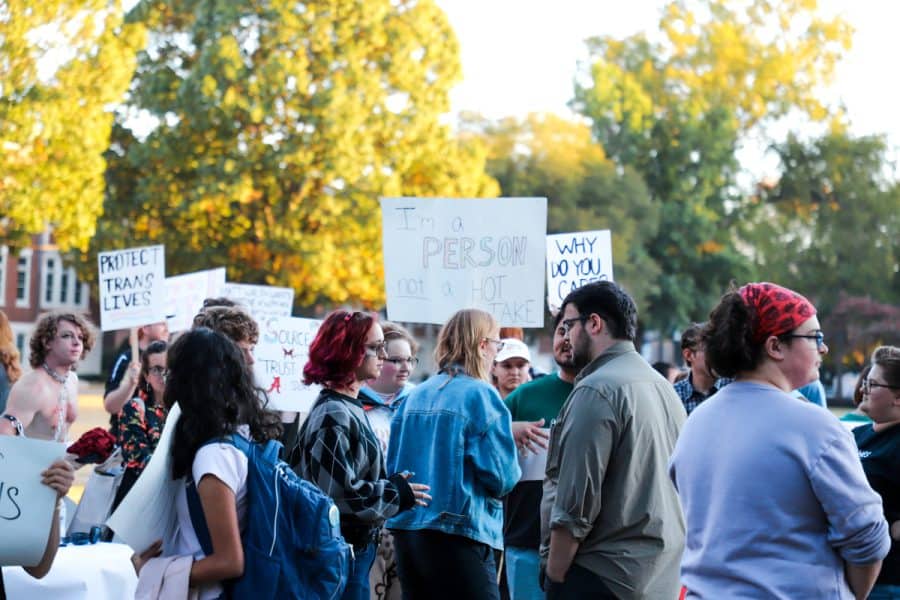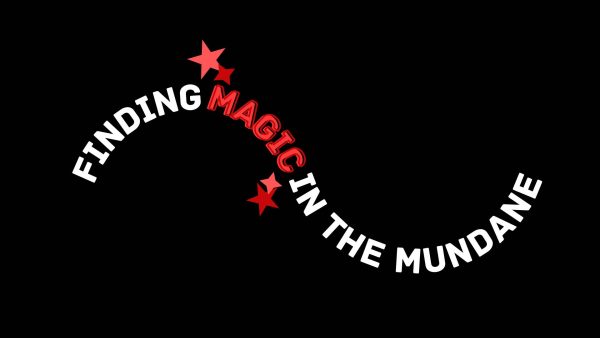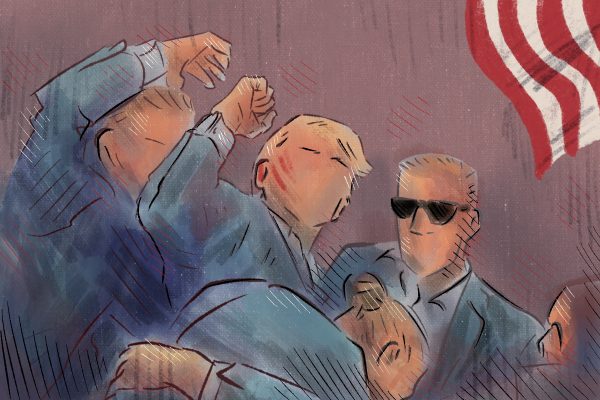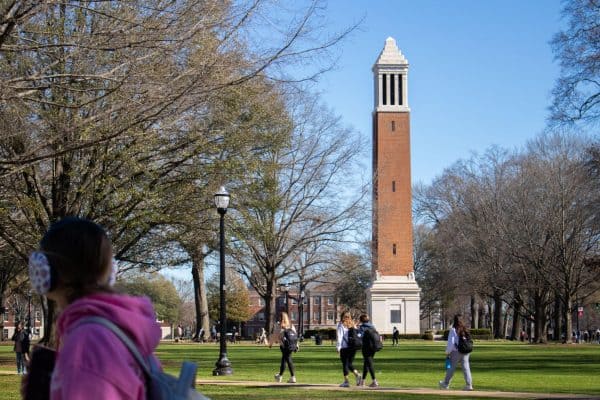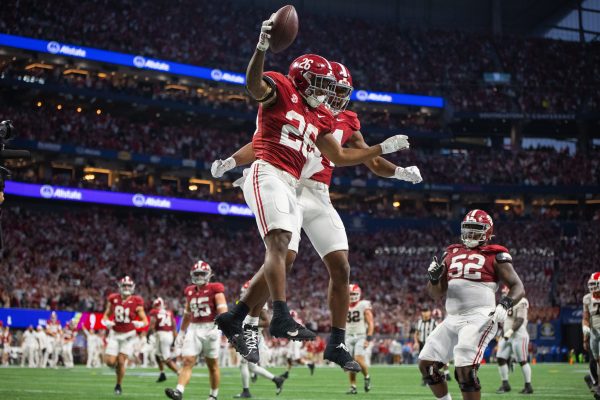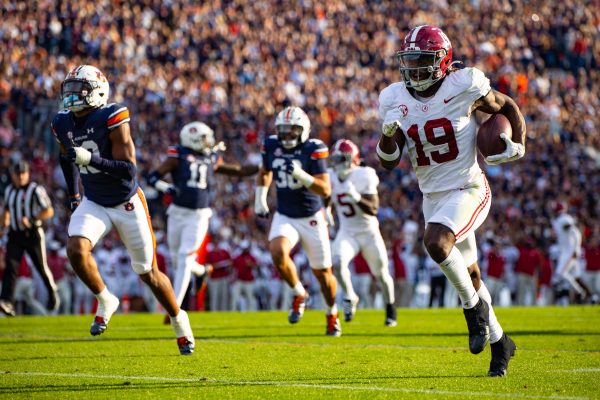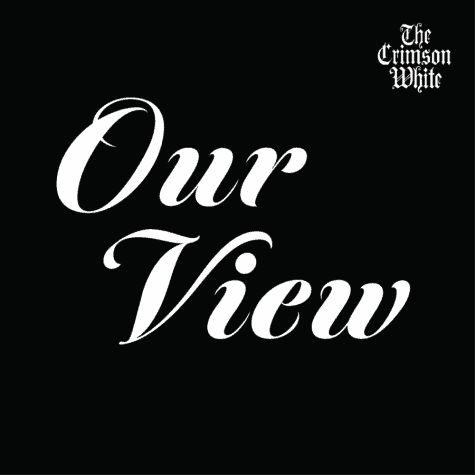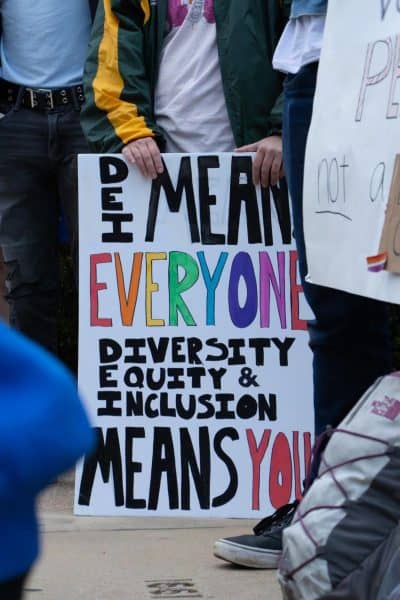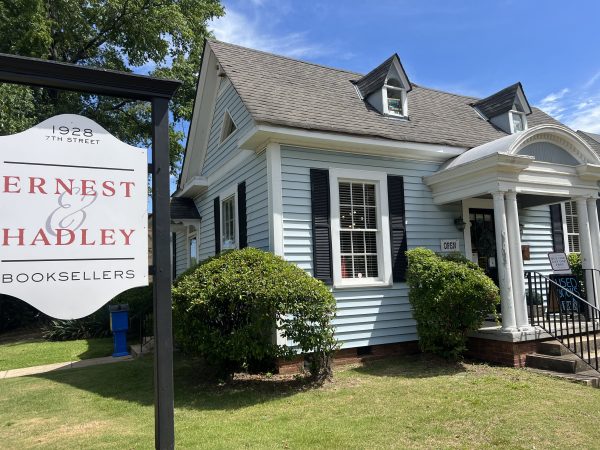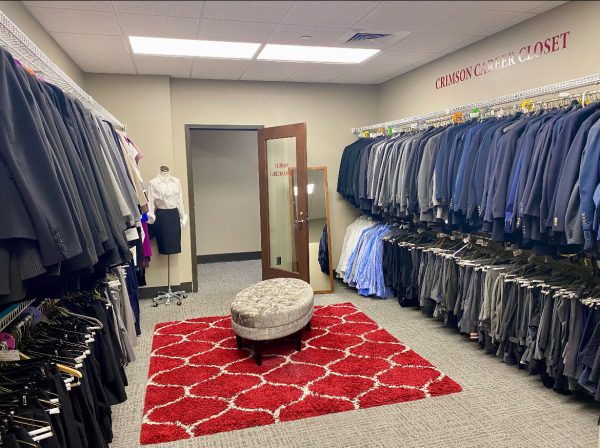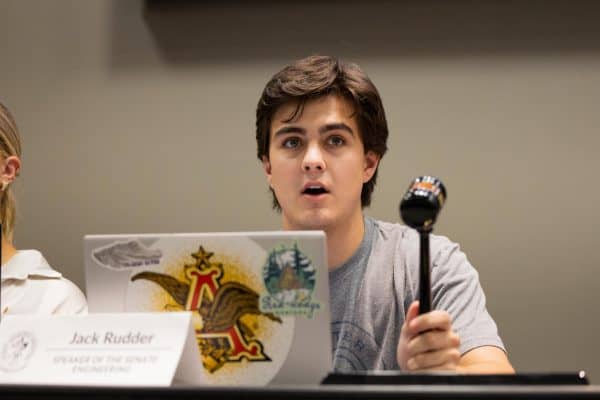Opinion | UA needs more ‘good trouble’
November 6, 2022
Thursday, Oct. 27, saw a rousing display of collective action as students from a multitude of organizations congregated on the Quad to protest transphobe Matt Walsh’s visit to campus.
By itself, this protest was an inspiring statement against hatred and a display of unity and acceptance for the LGBTQ community here at the Capstone — a statement that we apparently, and unfortunately, must continue to shout from the rooftops.
Perhaps even more importantly, the Queer Student Association, UA Democrats, Leftist Collective, Generation Action and others illustrated an even larger truth by successfully organizing this event: “good trouble” works at the University, and we need more of it.
The term “good trouble” was coined by John Lewis, a staunch civil rights activist and representative who served Georgia as a Congressman from 1987 to 2020. Lewis, like his fellow civil rights leader Martin Luther King Jr., saw civil disobedience as a necessary component of democracy and progress.
We may no longer be rallying for the Civil Rights Act or desegregation as Lewis and King did in the 1960s, but Walsh and his sizeable audience exposed the sad reality that we are still living in a world where discrimination, bigotry and hatred are very much alive. And when it is hatred which receives institutional support — Walsh was paid over $7,000 by the University to screen his “What is a Woman?” film — we are all obligated to heed Lewis’s words and make trouble in the name of acceptance, love and compassion.
What last Thursday’s demonstration exemplified was the power of collective action. If the students who met on the Quad had not organized to make their voices heard, then bigotry would have controlled the narrative and the LGBTQ individuals among our staff, students and faculty would have been further alienated by a campus that refused to help them be heard.
Instead, they were heard. The protest attracted onlookers and media attention, creating a counternarrative in support of the underrepresented and underserved.
This is the power which “good trouble” holds —it is the same power which etched Dr. King’s “I Have a Dream” speech into the history books, the same power which John Kerry and others wielded in protest of the atrocities perpetrated by the American military during the Vietnam War, and the same power which secured the right for same-sex marriage through the Obergefell v. Hodges decision less than a decade ago.
The power of “good trouble” was also felt on our campus last spring, as students led by the Queer Student Association rallied against a homophobic event held by Turning Point USA which claimed that “No One Is Born Gay.” The collective action taken by a comparatively small group of impassioned students was able to transform a display of bigotry into a celebration of diversity.
Students will always have concerns on campus and should always look to affect progress whenever they see room for improval. As organizations like QSA have shown, collective action and “good trouble” embody a perfect vehicle for seeking change, or at the very least, show others that you care and that they are not alone.
A university is a place for congregation, interaction and the sharing of ideas; this sentiment is realized by organized demonstrations and important conversations in the name of good trouble.
When we come together we can achieve much more than is capable of any one individual, and our voices will always be louder when we call out in unison. If there is something you care about deeply, there are likely others who feel the same, and speaking up alongside one another can be far more effective at spotlighting the change you wish to see.

